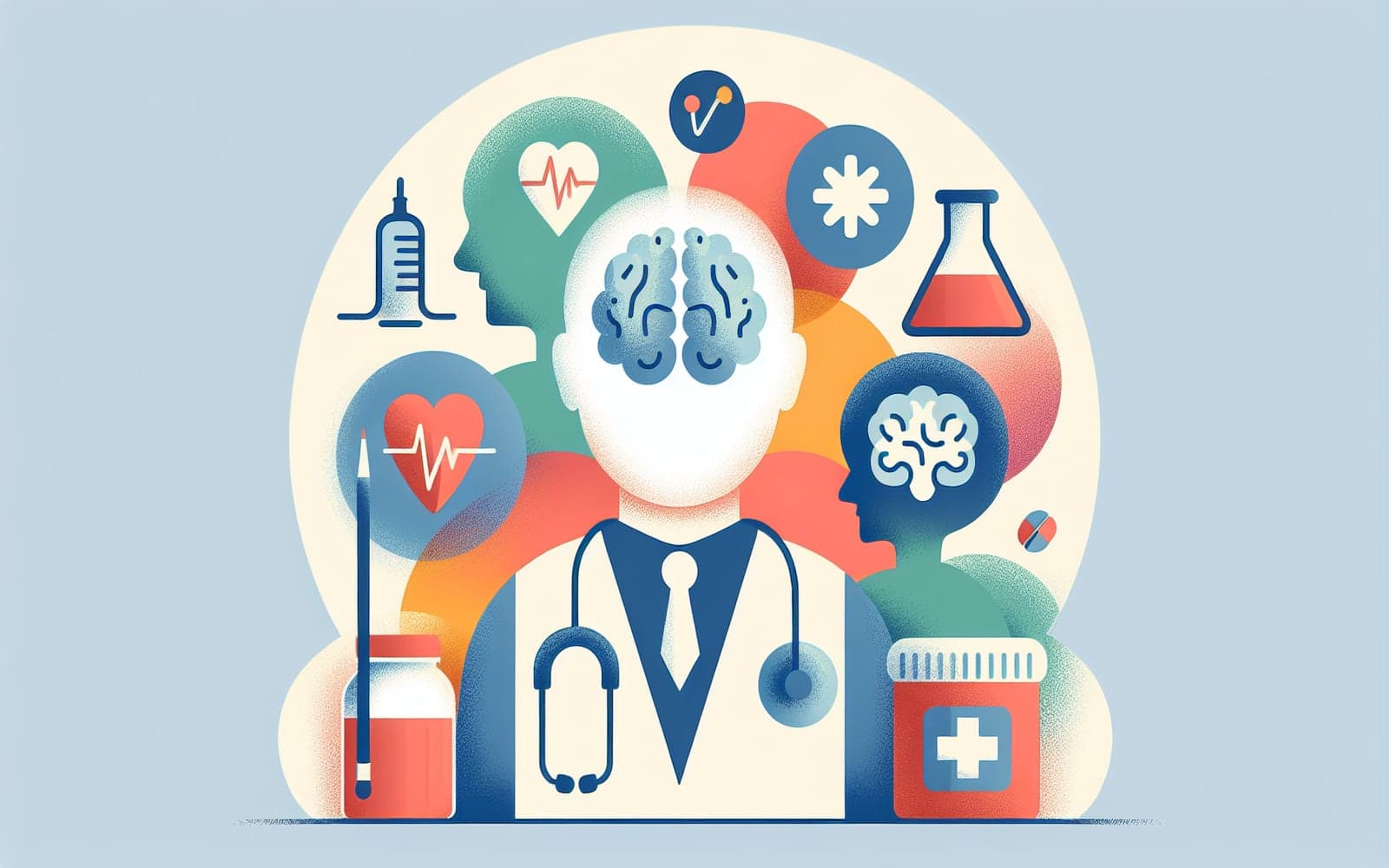Can We Treat Frontotemporal Dementia? Here's What You Should Know
Published: Jan 01, 2024

Medically reviewed by Alan Lucks | MD, Alan Lucks MDPC Private Practice - New York on January 1st, 2024.
Frontotemporal dementia (FTD) is a challenging condition, but understanding current therapeutic approaches can offer hope.
Contents
Current Treatment Options
There is no cure for FTD, but treatments focus on managing symptoms and improving quality of life. Medications such as antidepressants and antipsychotics can help manage behavioral symptoms. Speech therapy may benefit those with language impairments. A multidisciplinary approach is often recommended.
Lifestyle Adjustments
Lifestyle changes can support FTD management. Structured routines, engaging activities, and a supportive environment can help. Caregivers should be educated about the condition to provide the best support possible.

Future Directions in Research
Research into FTD is ongoing, with promising studies investigating genetic factors and potential new therapies. Clinical trials are exploring drugs that target specific proteins involved in FTD, offering hope for future treatments.
Frequently Asked Questions
Currently, there is no cure for FTD.
Antidepressants and antipsychotics are commonly used.
Structured routines and a supportive environment can be beneficial.
Research focuses on genetic factors and new therapies.
Key Takeaways
While there is no cure, managing FTD symptoms can improve quality of life.
Get started: Discuss current and emerging FTD therapies with Doctronic today.Related Articles
References
Rosen HJ, Allison SC, Schauer GF, et al. Neuroanatomical correlates of behavioural disorders in dementia. Brain 2005; 128:2612.
Rankin KP, Salazar A, Gorno-Tempini ML, et al. Detecting sarcasm from paralinguistic cues: anatomic and cognitive correlates in neurodegenerative disease. Neuroimage 2009; 47:2005.
This article has been reviewed for accuracy by one of the licensed medical doctors working for Doctronic. Always discuss health information with your healthcare provider.

